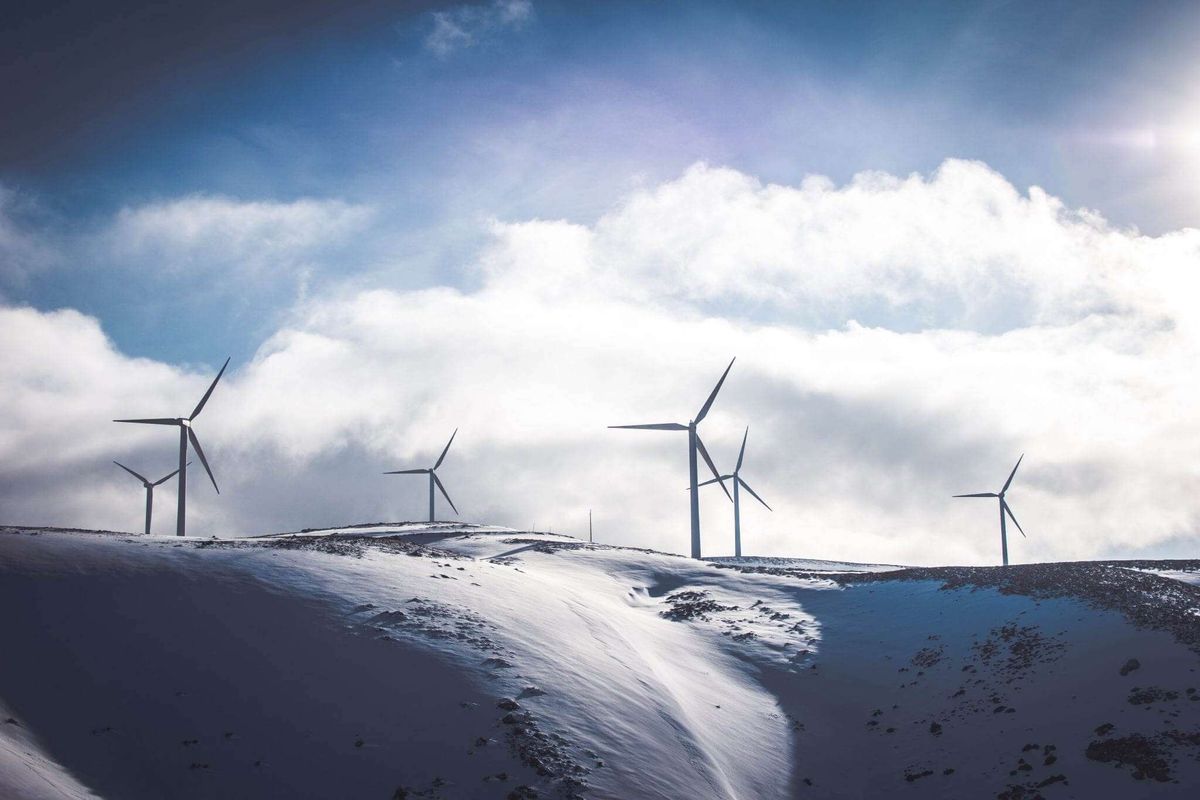Is Sustainable Travel Possible? There’s No Easy Answer.

I’m lucky enough to live in the Pacific Northwest of the United States at the moment. Maybe not necessarily lucky by coronavirus standards; we were one of the original hotspots and continue to grapple with it. But I am fortunate since escaping into some of the most beautiful mountains in the world is less than an hour away. At least while I’ve been grounded, I’ve been able to find solace in the Cascade Mountains.
Over the past few months, I’ve been thinking a lot about travel. Most often, it’s out of longing and desperation, but also a bit introspectively as well. When will we ever travel again? What’s travel going to look like in the future? Why the fuck do I have a travel blog right now? Those are, to be sure, just a few of the anxiety-driven questions that my head has been prompting me with over the last few months.
Travel Impacts the Environment
One question or rather theme that keeps coming up, again and again, is the environmental impact of traveling. And it’s a hard question to tackle because both issues are near and dear to me. I love traveling, it’s one of those activities that makes me feel euphoric and have a sense of purpose. But at the same time, can I ignore the harm and stress it puts on the environment? Does it make me a hypocrite to enjoy travel and care about the environment? What does sustainable travel even mean?
Surely the environment is a nuanced topic that, if one follows the logical progression, it’s easy to spiral into questioning every action (which might not necessarily be wrong). If we really think about it, merely existing as a human is damaging to the environment. So no, I don’t think it means you’re a hypocrite, just like it doesn’t make you a hypocrite if you like to have a cup of coffee and care about the environment either.
And I’d be remised if I didn’t lament the fact that much of the environmental burden is placed on consumers. Why is it solely up to us to solve climate change by buying a $30 metal straw to keep on our keychain? Don’t get me wrong, we do have some agency, and our choices do matter. But the economies of scale for large corporations should exist not only for profiting but also for addressing systemic change.
Sustainable Travel Options
But as consumers, what are sustainable travel options right now? Well, ignoring the fact that there still isn’t consensus around what it means to “travel sustainably,” there aren’t a ton of apparent options.
“Flygskam” or “flight shaming” has been a big trend recently, particularly in Europe. The environmental advantages or train travel are undeniable, and the ubiquitousness of trains in Europe makes for a compelling, if not a more convenient option. But for those in the U.S., our trains are far less dependable, less available, and more expensive. Not to mention, many of the trains in Europe run solely on electricity, while many in the U.S. still run on diesel fuel. And how the electricity is generated matters; much of the U.S. electricity generation still comes from fossil fuels.
Another option that’s been thrown around lately is purchasing carbon offsets. Some sites out there let you calculate your flight’s carbon emissions and purchase “carbon offsets,” which essentially help fund clean energy programs from planting trees to building solar farms. It might sound appealing, but it’s also a flawed way of dealing with climate change; carbon offsets are a tool for affluent tourists who want to travel guilt-free. Aside from that, carbon offsets are full of issues that really don’t make them a viable option for sustainability and the future of our planet.
Perhaps, another option is to increase domestic travel. No, it won’t necessarily give you the same novelty or experiences you might get abroad, but that’s not to say it isn’t vital. Often, some of our closest neighbors seem more foreign than those who live 10,000 miles away. Learning more about those close to you might even translate into empathy and help clear up the political divide seen across the globe.
Maybe one answer is to travel slowly and to travel with intention. I’ve talked about slow travel before, and I genuinely believe in its power. More extended stays, alternative transportation modes, and cultural immersion seem to be essential pieces to the equation. I know personally, I can do a much better job at slow travel, even as an avid proponent. Limited vacation time and funds make cramming as much as we can into each trip extremely enticing. Slow travel is one of those ideas that may seem simple, but it’s difficult in practice.
More Awareness is Good
Despite the bleak set of options above, it is a good thing that there are some options. There is a palpable, growing awareness around the impact of travel on the environment and local communities. More consumer interest will translate to more opportunities, albeit maybe at a slower pace than necessary.
As much of the travel industry suffers right now, it’s tough to see what travel will look like in the near future. Is sustainable travel still going to be primarily reserved for the wealthy? Does the sustainable travel movement get lost in the fray while the collective travel industry tries to recoup? But, as with other societal infrastructure, it would be a shame to waste this time of forced introspection, not to adapt and make the necessary progress.
I say all of this while I’m sitting on my couch, planning my next post-coronavirus trip, likely on a big ass airplane.
